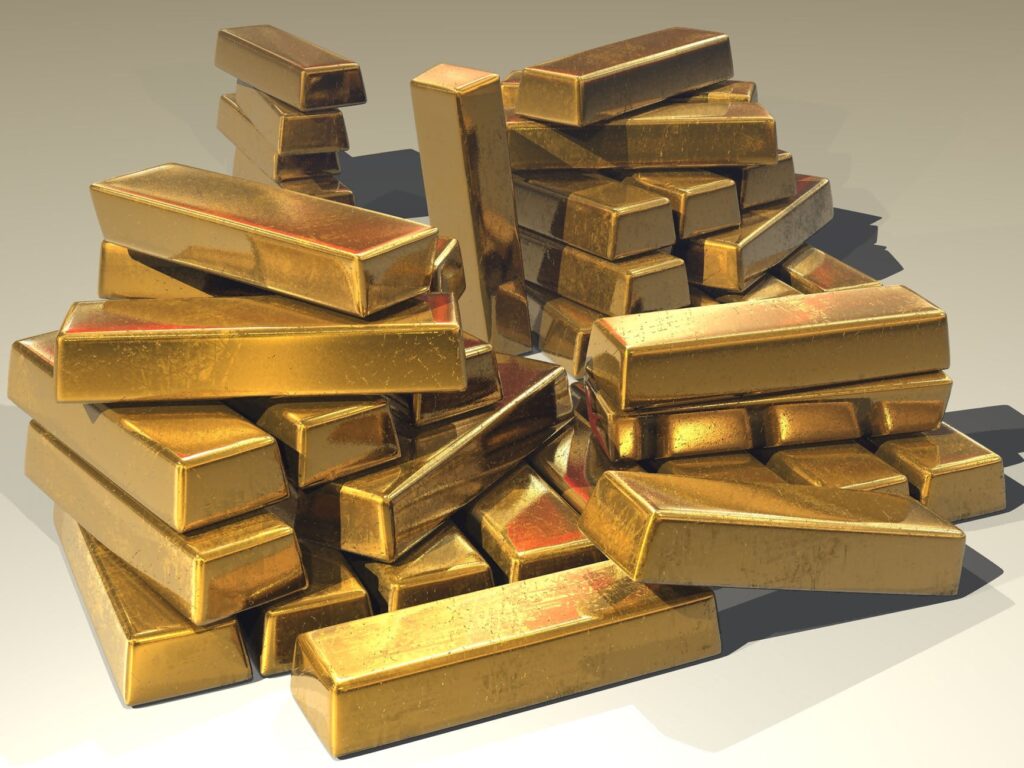
Naked Capitalism, 12/16/22
Yves here. Michael Hudson was interviewed Thursday on MEGA, a German news radio program, focusing on the economic impact of the war with Russia on major players, particularly Europe. We have a translated transcript below and will embed the YouTube version (in German) which is expected to be posted early next week.* * *
(1.) You made some predictions in our last interview for “Four” magazine which became true.
You talked about crisis for German companies in the production of fertilizer. This just hit the headlines weeks after our interview.
You also said: “What you characterize as “blocking Nord Stream 2” is really a Buy-American policy.” This now also became more than clear after the destroyed Nord Stream pipelines.
Could you comment that?
MH: U.S. foreign policy has long concentrated on control of the international oil trade. This trade is a leading contributor to the U.S. balance of payments, and its control gives U.S. diplomats the ability to impose a chokehold on other countries.
Oil is the key supplier of energy, and the rise in labor productivity and GDP for the leading economies tends to reflect the rise in energy use per worker. Oil and gas are not only for burning for energy, but are also a basic chemical input for fertilizers, and hence for agricultural productivity, as well as for much plastic and other chemical production.
So U.S. strategists recognize that cutting countries off from oil and its derivatives will stifle their industry and agriculture. The ability to impose such sanctions enables the U.S. to make countries dependent on compliance with U.S. policy so as not to be “excommunicated” from the oil trade.
U.S. diplomats have been telling Europe for many years not to rely on Russian oil and gas. The aim is twofold: to deprive Russia of its major trade surplus, and to capture the vast European market for U.S. oil producers. U.S. diplomats convinced German leaders not to approve the Nord Stream 2 pipeline, and finally used the excuse of the NATO war with Russia in Ukraine to act unilaterally to arrange the destruction of both Nord Stream 1 and 2 pipelines.
(2.) For our audience, our listeners: In your new book “The Destiny of Civilization: Finance Capitalism, Industrial Capitalism, or Socialism”
You state that the world economy is now fracturing between two parts, the United States and Europe is the dollarized part.
And this Western neoliberal unit is driving Eurasia and most of the Global South into a separate group. You just stated this in an interview from November.
Could you explain this for our outlet?
MH: The split is not only geographic but above all reflects the conflict between Western neoliberalism and the traditional logic of industrial capitalism. The West has deindustrialized its economies by replacing industrial capitalism with finance capitalism, initially in an attempt to keep its wages down by moving abroad to employ foreign labor, and then to try and establish monopoly privileges and captive markets or arms (and now oil) and high-technology essentials, becoming rentier economies.
A century ago, industrial capitalism was expected to evolve into industrial socialism, with governments providing subsidized basic infrastructure services (such as health care, education, communication, research and development) to minimize their cost of living and doing business. That is how the United States, Germany and other countries built up their industrial power, and it also is how China and other Eurasian countries have done so more recently. …
Read full interview here.
“fighting to the last Pole” does not bode very well for Poland, but it is a wonderful omen for Victoria Nuland and her merry band of blood-thirsty neo-cons.